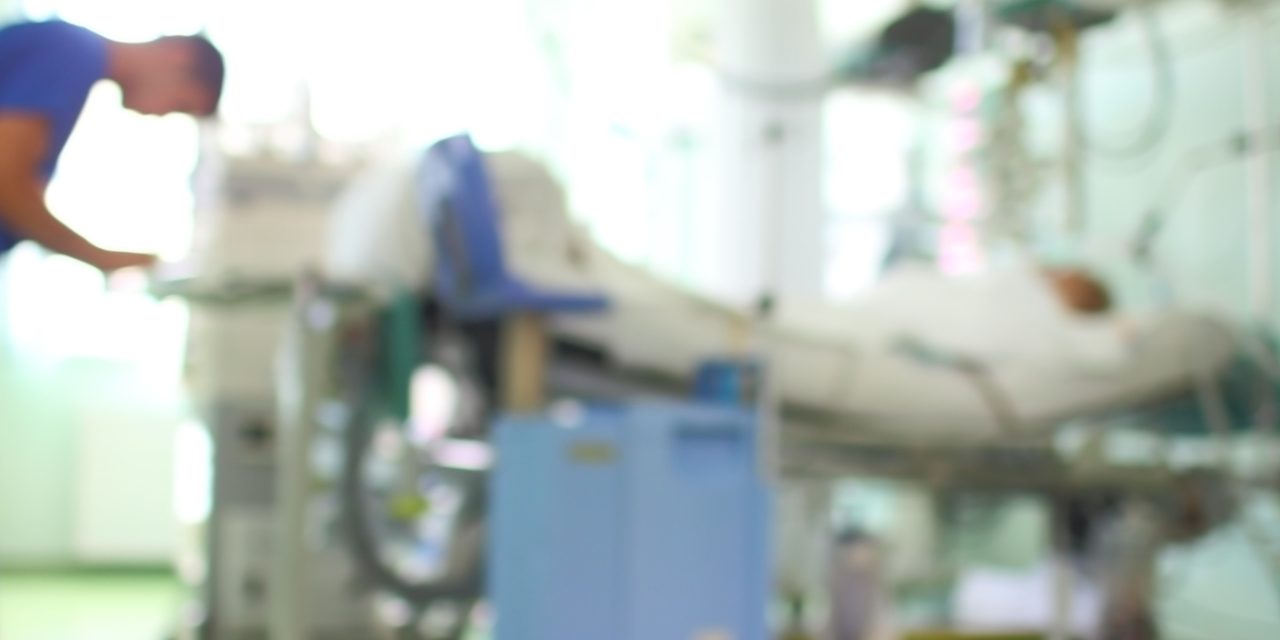Intensive care unit-acquired weakness (ICU-AW) is a complex spectrum of disability that delays recovery of critically ill-immobilized patients with sepsis. Much discrepancy remain on the use of corticosteroids and their impact on muscle regeneration in critical illness management. Therefore, the aim of this study is to investigate whether hydrocortisone (HCT) modulates muscle mass turnover in ICU-AW induced by sepsis with limb immobilization (SI).
Sepsis by cecal ligation puncture (CLP) with forelimb-immobilization were performed in rats. The study consisted of four groups: Sham (left forelimb-immobilization), Sham HCT (left forelimb-immobilization + HCT), SI (CLP + left forelimb-immobilization) and SI HCT (CLP + left forelimb-immobilization + HCT). Motor force, blood and muscle sampling were assessed.
HCT prevented body weight loss associated with SI and attenuated systemic and muscular inflammation. Besides, myosin was restituted in SI HCT group in conjunction to muscle mass and strength restoration. Pro-hypertrophic calcineurin (PP2B-Aβ) and nuclear factor of activated T-cells C3 (NFATc3) but not protein kinase B (Akt) were re-activated by HCT. Finally, pro-atrophic extracellular signal-regulated kinases (ERK1/2) and p38 mitogen-activated protein kinases (p38) but not nuclear factor kappa-light-chain-enhancer of activated B cells (NF-kB) were inhibited in SI HCT group.
This study unravels new molecular events thought to control muscle protein synthesis in ICU-AW induced by sepsis and limb immobilization. HCT has a potential to fine-tune muscle-signaling pathways and to reduce the negative outcomes of ICU-AW.
Copyright © 2020. Published by Elsevier Inc.
Hydrocortisone mitigates ICU-AW by fine-tuning of muscle atrophic and hypertrophic signaling pathways in a sepsis model with limb immobilization.


